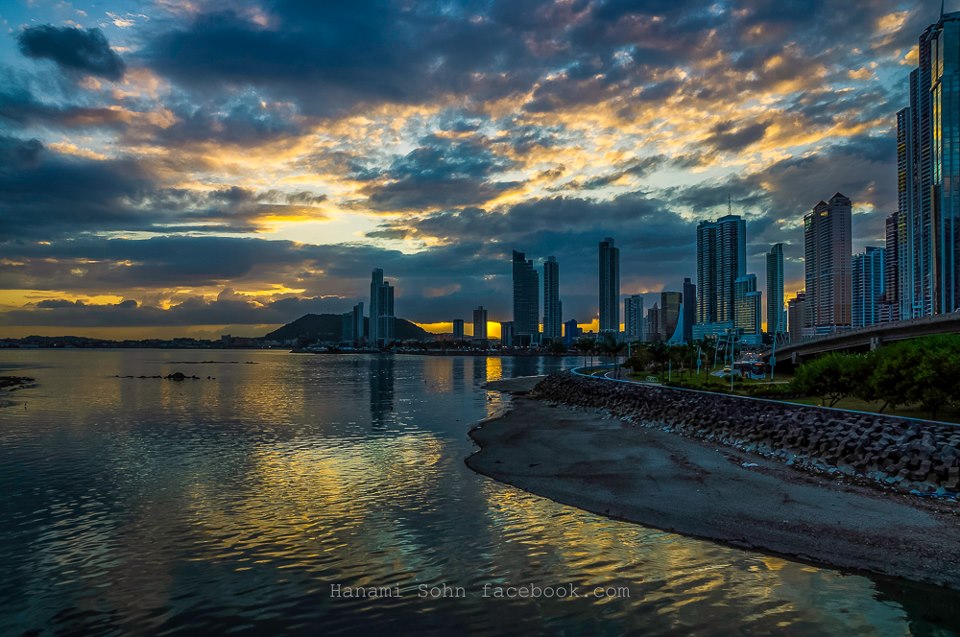 The Economist ran this article on the recent accusations by Colombia that Panama is a tax haven. While they open with a humorous comparison to a scene from Casablanca, they spell out the serious repercussions that this will have on Colombian investment in Panama.
The Economist ran this article on the recent accusations by Colombia that Panama is a tax haven. While they open with a humorous comparison to a scene from Casablanca, they spell out the serious repercussions that this will have on Colombian investment in Panama.
IN ONE of the most remembered scenes of the film Casablanca, police chief Louis Renault orders the close of Rick’s Cafe when he is “shocked, shocked” to learn that there was gambling going on in the establishment. Seconds later a waiter presents Renault with his winnings from roulette. Panama was similarly shocked when Colombia last week included the neighbouring country on its list of tax havens, after the Central American nation failed to meet a deadline to sign a bilateral tax information exchange agreement.
“[Panama] is not a tax haven, and we reject being classified this way,” Panama’s finance Minister Dulcidio de la Guardia said. Panama’s outrage led the foreign ministry to insinuate the possibility of retaliation, saying in a statement that the Panamanian government would study unspecified measures against countries that “discriminate against Panama.”
Panama and Colombia have had historically warm relations and the Central American country is home to about 500,000 Colombians. It has a flourishing financial centre and is also home to countless corporations whose principals are Colombian nationals. There are no hard figures on how much money Colombians could be keeping in Panama specifically but estimates range between $2 billion and $7 billion for all tax havens. Given the proximity of Panama to Colombia, most is believed to be held there.
Those were meant to be the target of Colombia’s decision, according the President Juan Manuel Santos. “This is not against Panama,” he said on Monday, adding that it was part of a policy to fight tax evasion. It’s also part of the Colombian government’s search for additional revenue. A recently presented tax reform bill seeks to raise $26.2 billion over the next four years. Bringing tax evaders in from the cold could raise another $10 billion.
With the designation of Panama as a tax haven Colombian assets in Panama will be taxed at 33%, instead of the previous 10% rate, according to Colombia’s tax authority. Colombian investments in Panama totaled $3.2 billion last year and accounted for nearly 42% of all Colombian foreign investment, according to the central bank.
One of the most important investors is Bancolombia, which owns Panama’s biggest bank, Banistmo. “This will damage economic and political relations with Panama,” Carlos Raúl Yepes, president of Bancolombia said.
And it has. Felipe Chapman, president of the Panama stock exchange, told Colombia’s W Radio that Bogotá´s unilateral decision was “diplomatically clumsy” and had turned Panamanian public opinion against Colombia.
Mr Santos is credited with having repaired frazzled relations with neighbours Ecuador and Venezuela when he first took office in 2010, and of favouring diplomacy over the strong-arm tactics of his predecessor, Alvaro Uribe. But just a few months into his second term, Mr Santos appears to be getting tougher. The Colombian government says it is open to continuing to negotiate an agreement and removing Panama from the list, just as soon as it agrees to Colombia’s conditions.
The Colombian government “has the will to fix this problem as long as we receive from Panama an indication that they also want to resolve it through some sort of information sharing agreement,” said Mr Santos.